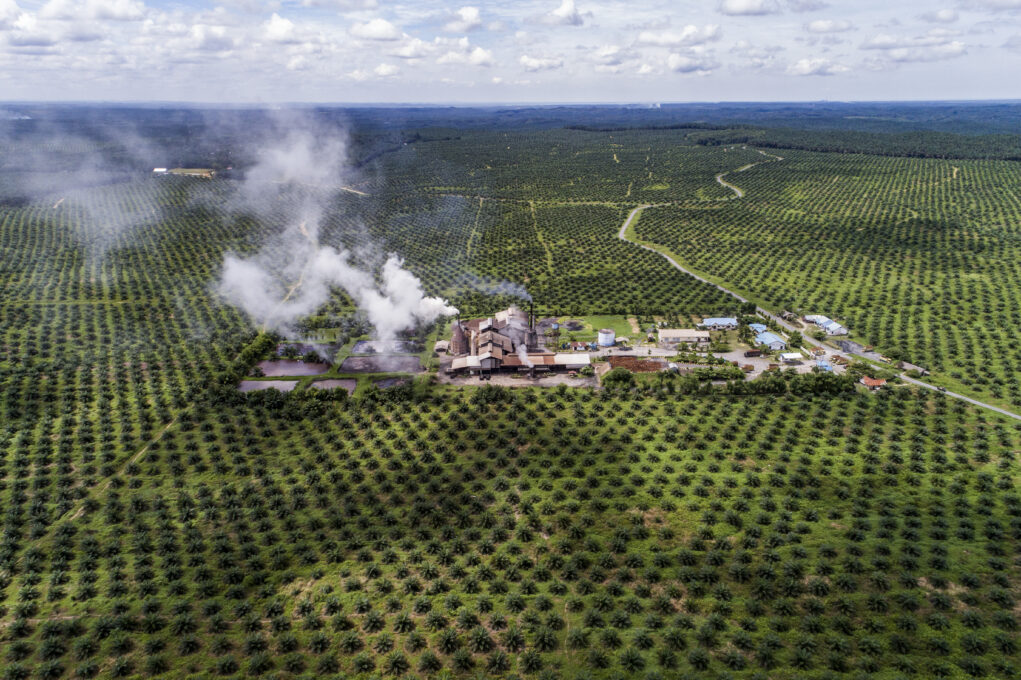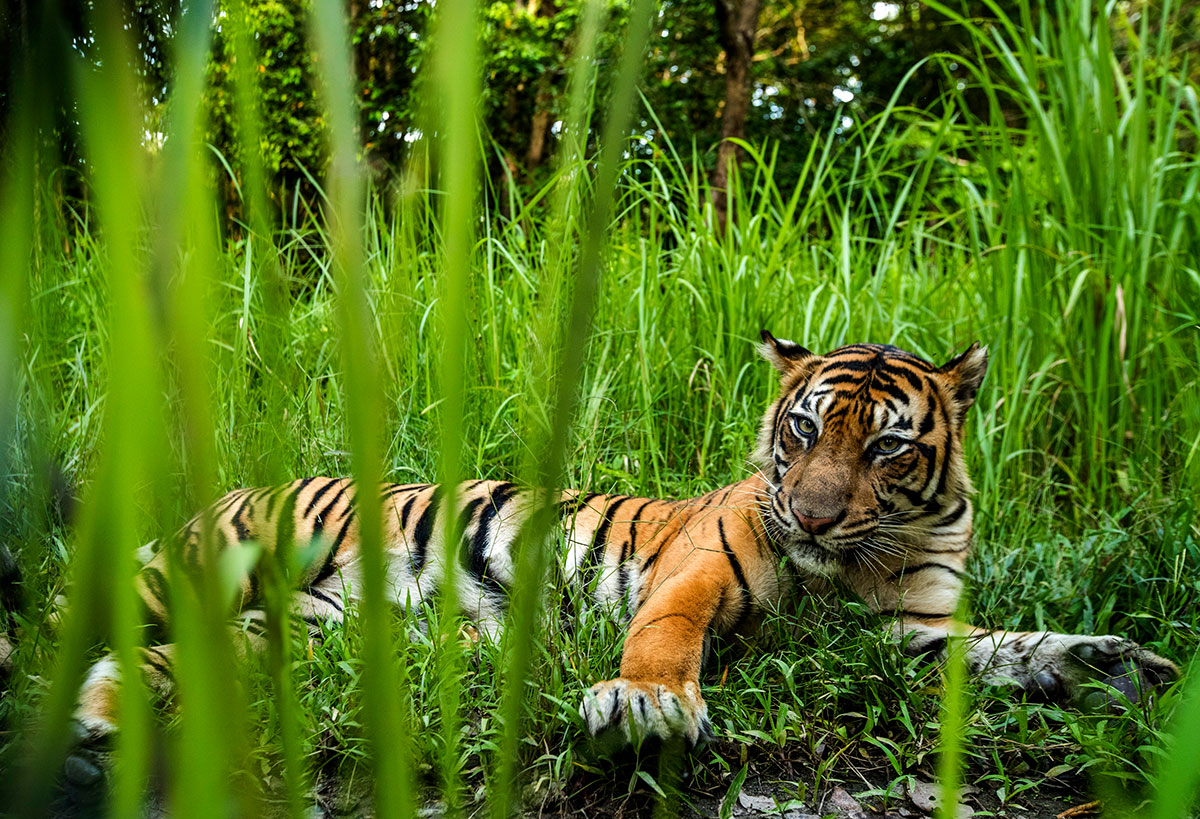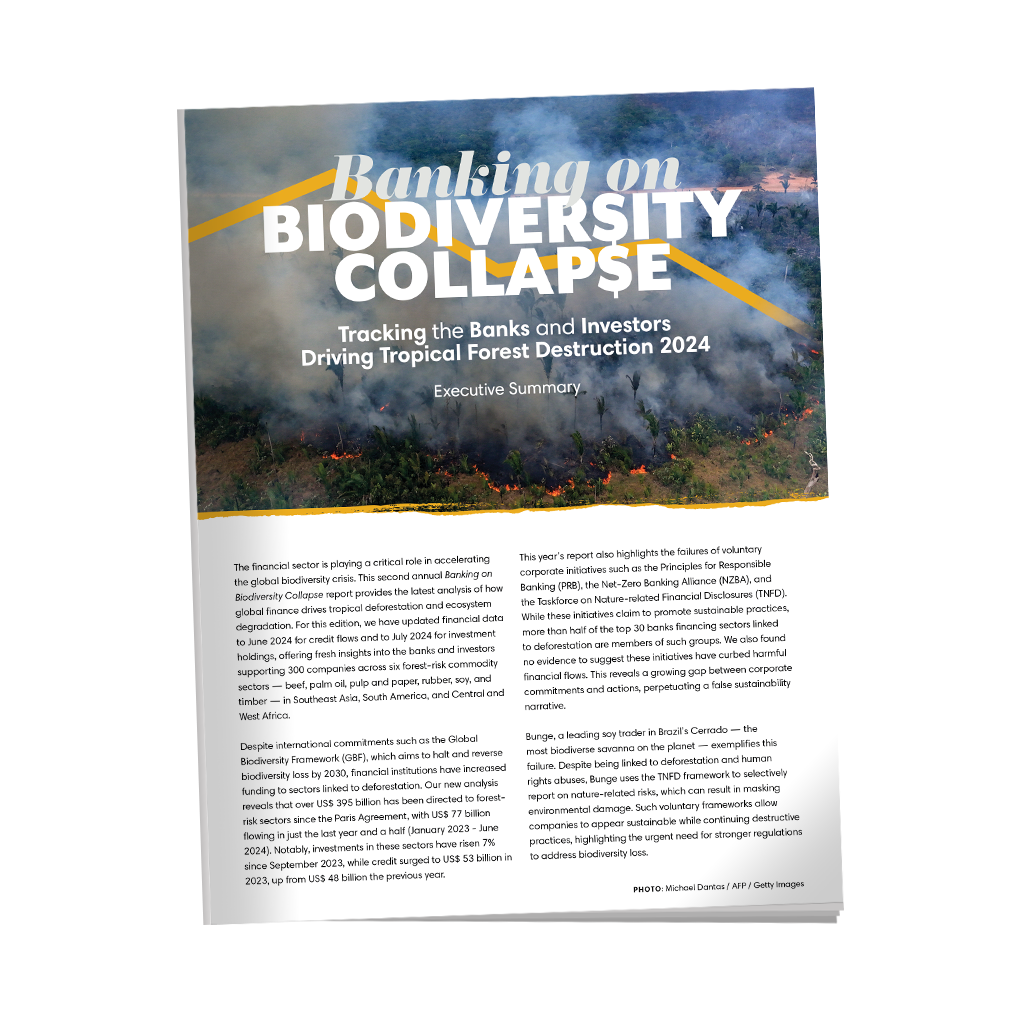Humans exist within a wildly complicated, nuanced, and interdependent network of life on planet Earth. We understand that network as biodiversity. Our existence is intricately connected with that of millions of plant and animal species and the collective, cumulative knowledge resulting from millions of years of adaptation to varying physical realities. Today, we are aware of about 1.7 million species — but there are likely millions more that we do not even know about.
Tropical rainforests are epicenters of biodiversity. For example, in only a few dozen acres of Borneo’s forest, there may be more species of trees than in North America as a whole. Oxford professor David MacDonald has said, “Without biodiversity, there is no future for humanity.”
Sixth Mass Extinction
Yet, biodiversity is at extreme risk. Earth is facing what scientists call the Sixth Mass Extinction. While there have been mass extinctions before (the last occurring more than 65 million years ago) caused by volcanic eruptions, meteors, ice ages, and other cataclysmic natural events, the Sixth Mass Extinction is caused by humans — just as human activity has caused climate change. Not only are species going extinct, but entire genera are disappearing in an “annihilation” of life. The current extinction is predicted to be more than 35 times as extreme as the previous.

Human-driven land use for agriculture, mining, water, and energy use are the main culprits. Agricultural production alone is the cause of 90% of global deforestation and 20% of global greenhouse gas emissions.
Exposing the Culprits
But just as unchecked human activity can wreak havoc, strategic human activism can make a difference. RAN and the Forests & Finance Coalition published a major report in late 2023, Banking on Biodiversity Collapse. The report reveals an in-depth analysis of the financial flows supporting operations of 300 companies directly engaged in forest-risk commodities — products like beef, soy, palm oil, pulp & paper, timber, and rubber. These sectors are primarily responsible for massive deforestation in the world’s three critical tropical rainforests — the Amazon, Indonesia, and the Congo Basin. These supply chains are also often associated with gross human rights violations and exploitation. The report indicated that from 2016 to 2023, banks provided at least $307 billion in credit to the agro-commodity sector. Not only are enormous financial flows supporting this sector, but there is a dearth of policies to protect biodiversity and Indigenous and local communities.
Building Global Awareness — and Action
Built on this research and bolstered by our campaigns, RAN is working to influence the global finance and agro-commodity sectors to adopt and enforce stringent laws, policies, and regulations to protect nature and communities. Our new reports, showing systemic failure in stopping the money driving deforestation, engaged nations at the CBD COP16 in Colombia in October, the G20 meeting in Brazil in November, and will continue to do so during events leading to COP30 in Brazil in November 2025.
These pivotal global movement moments are critical opportunities to bring the full force of RAN’s research, inside-outside campaign approach, and high level media engagement to call companies and countries to account for their devastating practices.













